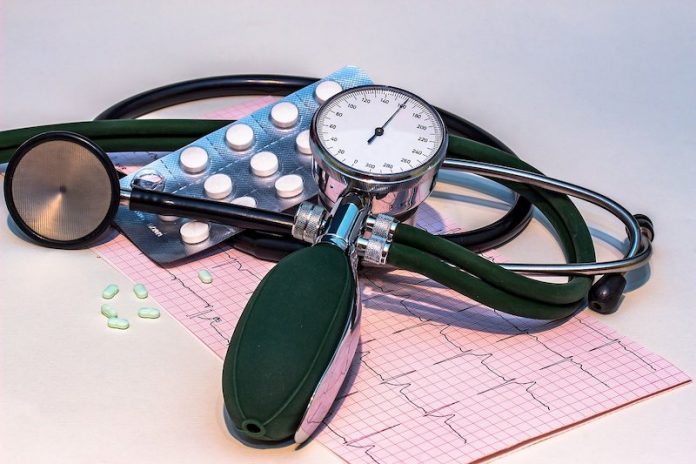
A recent study published in Atherosclerosis, Thrombosis, and Vascular Biology showed that acetaminophen, a common painkiller for headaches could make blood pressure drop largely.
Researchers found the reason behind this side effect of receiving intravenous acetaminophen.
Acetaminophen is commonly used for headaches and ingested orally. Hospitals, however, usually administer acetaminophen intravenously. In this way, doctors and nurses can help critically ill patients unable to swallow one or more pills.
However, intravenous acetaminophen has a serious side effect: a temporary large drop in blood pressure.
In the critically ill, six out of 10 have experienced the side effect, one-third of these to such an extent that they require medical intervention.
Despite the findings, intravenous acetaminophen is considered to be a relatively stable drug used increasingly in the healthcare system, even though many doctors and nurses are aware of the potential side effects.
In this study, the team aimed to find a cause for the steep drop in blood pressure.
They found paracetamol [acetaminophen) bypasses the liver when administered intravenously, therefore it is metabolized differently from when people ingest it orally.
It still gets metabolized, but it happens elsewhere in the body, where the subsequent chemicals can cause an effect that wouldn’t normally happen if the drug was taken orally.
More precisely, it appears that the residual products of the painkiller affect some of the potassium channels, which, among other things, regulate how blood vessels contract and relax, thereby controlling blood pressure.
By using drugs that block these potassium channels, specifically, the research team subsequently succeeded in reducing the side effect of the large drop in blood pressure in the test rats.
The team says that most people should not be afraid to take painkillers as usual, as long as they stay within the maximum recommended dose.
The study is from the University of Copenhagen. One author is Thomas Qvistgaard Jepps.
If you care about blood pressure health, please read studies about this common eating habit may lead to high blood sugar, weight gain and findings of this simple exercise may lower blood pressure more effectively.
For more information about high blood pressure, please see recent studies about this diet could help reduce high blood pressure in older people and results showing that these high blood pressure drugs linked to higher risk of heart failure.
Copyright © 2021 Knowridge Science Report. All rights reserved.



